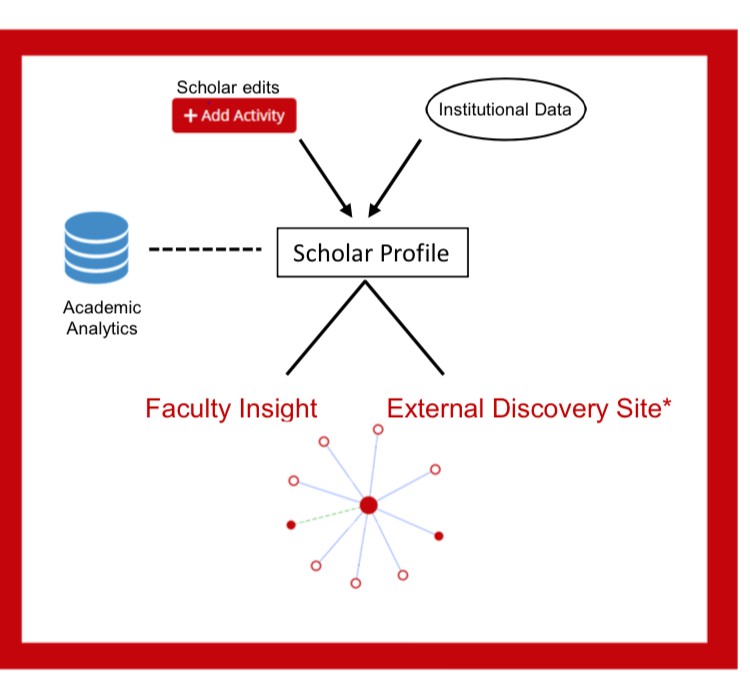If you want an instant reaction from me, use the word “incentivize.” For example, “How can we incentivize faculty to improve their courses?” There’s a strong push to insert capitalism and competition into everything we do.
If you’ve ever seen faculty job interviews in action, you likely agree that academics could use a bit of infusion of professionalism or at least some training in how not to be an asshole. But the drive to make universities more like businesses just turns them into shitty corporations with values that have been twisted away from what’s actually important.
When devoting resources to hiring new faculty, you might expect some global assessment of what the biggest needs and opportunities are. But no, we hold a competition. Oh, and we won’t bother to ask about or consider educational needs. Selected proposals will mostly hire faculty into Centers and Institutes with little participation in the university’s teaching mission. This is all an effort to increase research funding.
The corporatization of UW-Madison has been relentless and unappetizing. A growing proportion of emails were crafted by human resources with little apparent understanding of the intended readers. If only google translate would include “corporate” among the “translate from” options. And it’s not just the acronyms. For example, among the numerous and detailed emails about COVID-related furlough was the puzzling statement:
For the upcoming Memorial Day holiday, employees on Campus-wide, Intermittent Furlough who take furlough days on both the Friday before and the Tuesday after Memorial Day will receive holiday pay. This is a change from recent communications and allows employees greater flexibility for holiday pay on Memorial Day.
I’ve written before about my suspicion that the university administration uses corporate language as a deliberate strategy to reduce faculty involvement. Anyone eager to participate in the human resources redesign, or the title and total compensation whatsit?
Also this figure, which screams “shitty corporation,” broke me:
I am aware of the use of the term talent for television and movie actors, but I was surprised to find that the university has an office of Talent Recruitment and Engagement plus an office of Learning and Talent Development, but maybe I’m just not a fully engaged employee.
Why does this corporatization of the university matter? It’s not just that we end up wasting time on “mission, vision, and values,” or attempting to decode increasingly opaque emails. Rather, it’s that the university administration separates itself from faculty and students and focuses on market forces and satisfying our “clients.” The market doesn’t reward good teaching. And making students happy may not be the right goal. Learning can be painful.
I was appalled to read that the UW-Madison Chancellor, when asked about strengthening relationships with Black students, had told students, “That isn’t my job, but that’s someone else’s job.” Given the university’s lack of diversity and the many racist incidents on campus, we have a right to expect more direct participation or at least a more politic response. Show the students a bit of respect!
But back to incentivize. The increasingly market-based focus of the university means that in a discussion on how to improve our courses and curriculum, it’s almost certain that someone will raise the question, “How can we incentivize faculty to participate in this effort?” Because of course we can’t expect them to help their colleagues and students without direct incentives.
